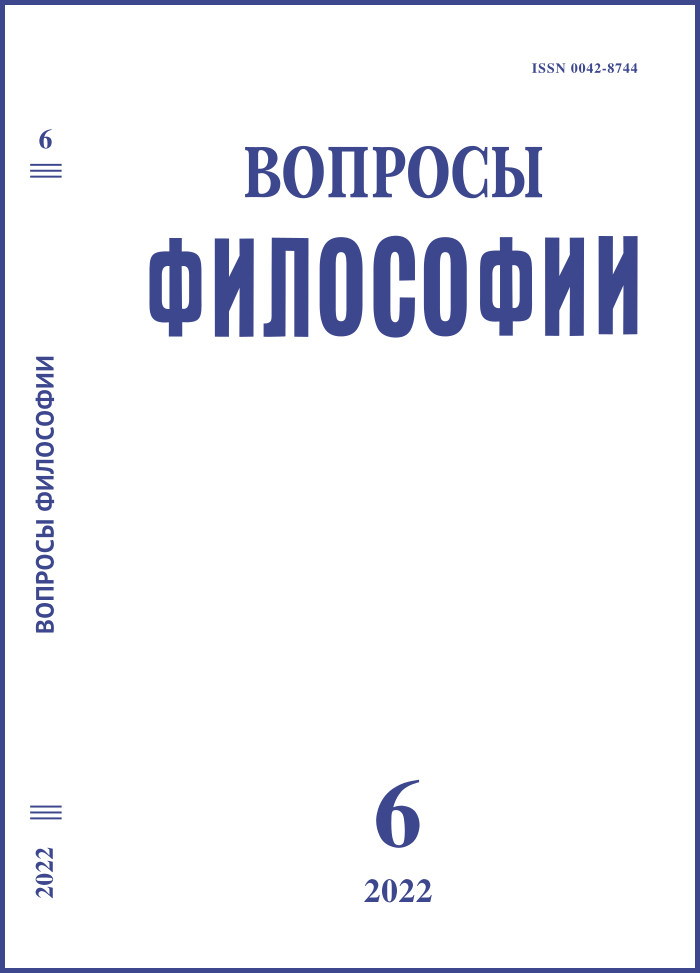Family Planning and Infanticide in Tokugawa Japan
DOI:
https://doi.org/10.21146/0042-8744-2022-6-190-201Keywords:
Japan, Tokugawa period, infanticide, mabiki, family planning, historic demography.Abstract
At the turn of the 17th–18th centuries Japan faced an excess population growth. This caused concern of the authorities and society because of possible hunger. Family planning policy was implemented both by the authorities and individual families. The government banned the fragmentation of land plots, only the eldest son received the right to inherit. This measure prevented the creation of new families: the eldest son necessarily got married, and the younger ones did not marry at all or got married late and that shortened reproductive period. At the family level, infanticide was a common means of dealing with extra mouths. Infanticide was especially noticeable in the north-east of the country. The measures taken stopped the growth of the population, which stabilized at the level of 30–32 million people. However, in the second half of the 18th century depopulation is observed. It became especially noticeable after the famine of 1790
(“The famine of the Tenmei years”). Depopulation caused concern of the authorities and certain efforts were made to prevent infanticide, but they were not consistent. Infanticide ceases to have a significant impact on the demographic situation only at the beginning of the twentieth century.
Downloads
Published
Versions
- 2025-02-06 (2)
- 2022-06-30 (1)

